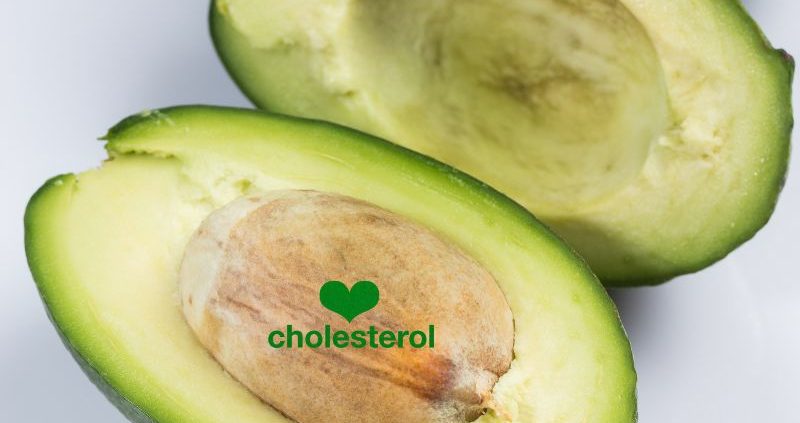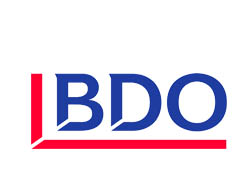How small changes can make a big difference to your cholesterol levels
An ambitious UK health research project has identified that over half the adult population has high total cholesterol levels.
Our Future Health is recruiting up to five million volunteers to create the most detailed picture of our health to transform the prevention, diagnosis and treatment of common diseases. In a report published earlier this year, 62% of women tested had high cholesterol compared to just under 50% of men.
October is National Cholesterol Month, raising awareness of the importance of maintaining a healthy cholesterol level and the difference that small lifestyle changes can make to your heart health.
What is cholesterol?
Cholesterol is an important molecule that controls many bodily functions. It regulates hormones as well as manufacturing bile acids, which are used to absorb fatty foods. Cholesterol is carried through our bloodstream on proteins known as high density lipoproteins (HDL) or low density lipoproteins (LDL). The former is often known as ‘good cholesterol’ and LDL as ‘bad cholesterol’, as it can cause blood vessels to become narrowed or blocked.
Raised levels of LDL can increase the risk of cardiovascular conditions such as high blood pressure, heart attacks, angina, and stroke. If cholesterol levels are too high, medication may be needed to bring it down. Whether in conjunction with medication or as a method for managing raised cholesterol levels, essential lifestyle changes can make a difference and our GPs can help guide you on how best to make these changes.
How to lower cholesterol levels through lifestyle changes
- Increase your intake of plant foods: rich in vitamins and nutrients, plant foods do not contain cholesterol or saturated fats, which may increase cholesterol in the body
- Eat high-fibre foods: this can reduce the amount of cholesterol absorbed into the bloodstream from your intestine
- Avoid trans fats: any food that is chemically processed can raise overall cholesterol levels in the body
- Limit saturated fats: found in red meat and full-fat dairy products, these raise your total cholesterol. Restricting your consumption can lower the level of LDL or bad cholesterol
- Quit smoking: smokers typically have lower levels of good cholesterol and elevated levels of bad cholesterol, and quitting can improve the balance
- Adopt regular exercise: this is an integral part of lowering LDL cholesterol and increasing levels of HDL
A cholesterol test will measure total cholesterol, LDL, protective HDL cholesterol, and an analysis of your blood triglyceride levels. To arrange a test at GP London W1, call +44 (0)20 4580 1152 to arrange an appointment.










